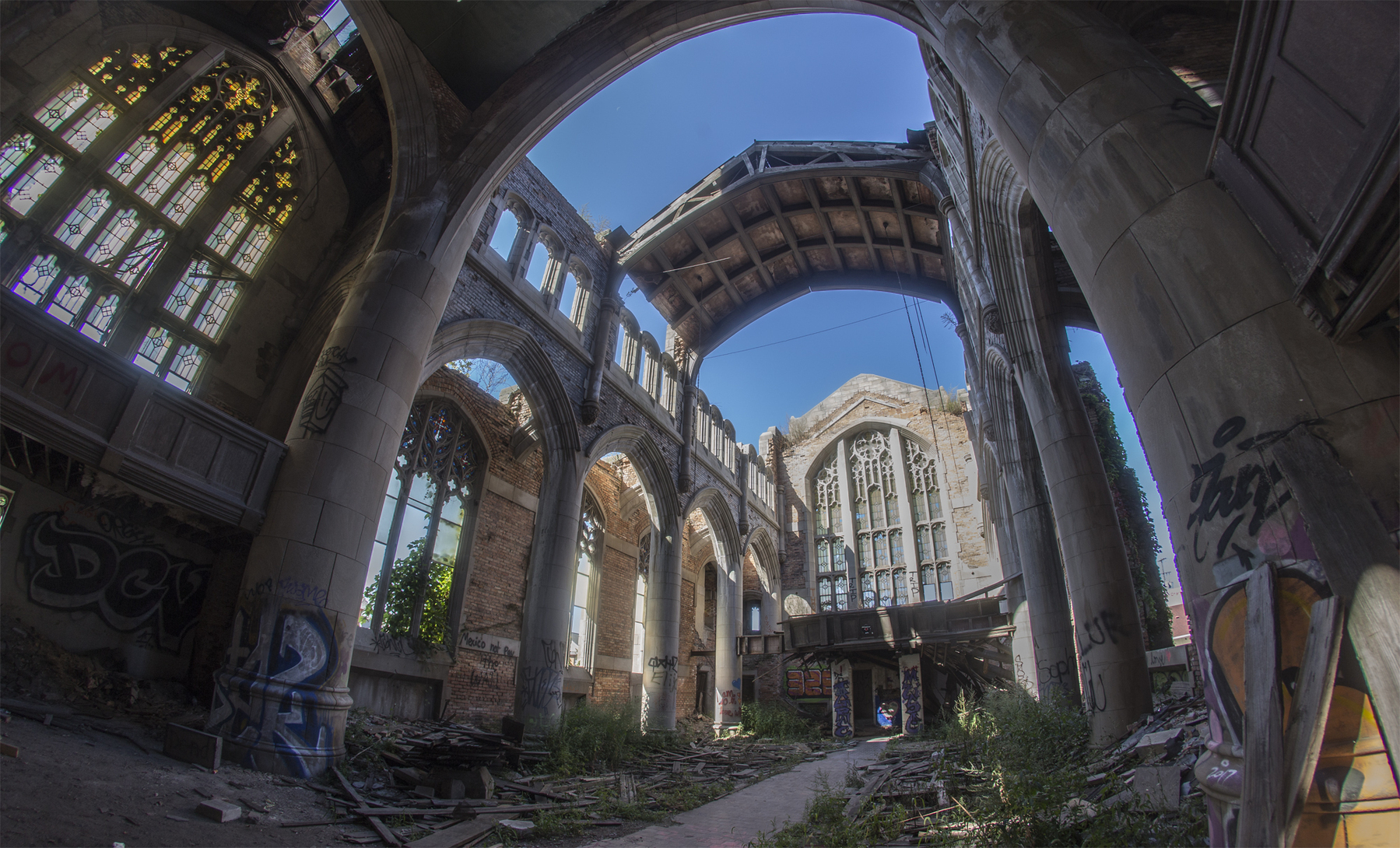Economist: “What has gone so wrong for America’s oldest churches? One answer is age. According to data from the Pew Research Centre, a think-tank, a majority of mainline Christians are over 50 and one-third are older than 65. Only about one in ten are under the age of 30. For many churches, older congregants are simply dying too quickly to be replaced by new members . . . Pew reckons that if these trends continue, the non-religious could become the dominant group in American society as soon as 2055. One concern is what the shepherds will do next. A deeper one is what happens to a wandering flock.”
Alongside this, the US is seeing major declines in volunteerism which means churches are forced to decide whether they can afford employees who perform tasks once done by volunteers or, simply put, to let some things fall by the wayside (small and midsize churches, with small and midsized budgets, feel this acutely). There’s also the yet-to-be-addressed crisis of pastors who are anxious, unsupported, and burned out. There’s also major declines in seminary enrollments resulting in fewer pastors in the pipeline. It seems to me that the US is in the midst of yet another reformation (or reformationS).
There are other reasons for church decline: Americans in general have more money to spend on leisure and travel; parents and grandparents engage with their children differently than in previous generations, which means, among other things, people are prioritizing school events over church ones, many of which are held on weekends; people increasingly consume temporarily rather than engage longitudinally; podcasts and video streaming mean people don’t have to step foot in a church to “attend”; religion and spirituality are increasingly, like everything, hyper-individualistic, a me (and me only) thing (ie, if you don’t do, say, think like me I’m out); culture is shifting so fast that church leaders struggle to respond; church scandals have led to distrust of clergy and denominations; counties like the one I live in has seen major declines in church attendance as, curiously, the number of churches actually rose . . . in other words, more (and more) churches are competing for less (and less) churchgoers; I could go on, but I’ll stop there.
Not all churches will fold. But if the statisticians & sociologists are right, we’ll be reading about church–and seminary–closure with increased frequency in the coming years. The remaining churches–and seminaries–won’t be “winners” per se. Some have big endowments that will allow them to muddle through, but that’ll be a minority for sure.
This isn’t the first–or the last–time churches have faced a reckoning. Not even the first time in the US, a relatively young(ish) nation. A guided tour of the churches along the Boston Common will underscore that fact in 2-3 hours tops.
I have a theory why some churches will close and others won’t. The theory involves humor, light, tolerance for questions, trust, and most of all, God, which leads me to my main point: God will find a way. I’ll write more about the optimistic side of this conversation soon.
